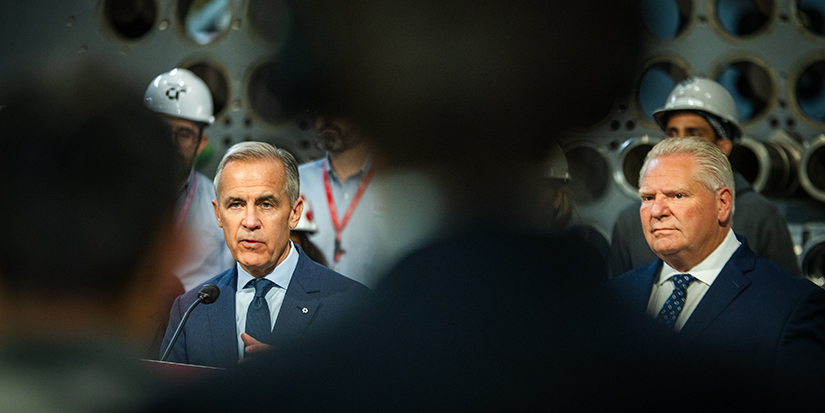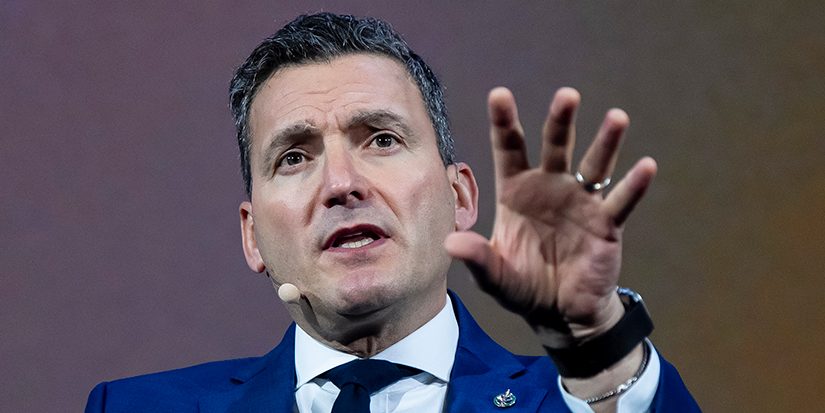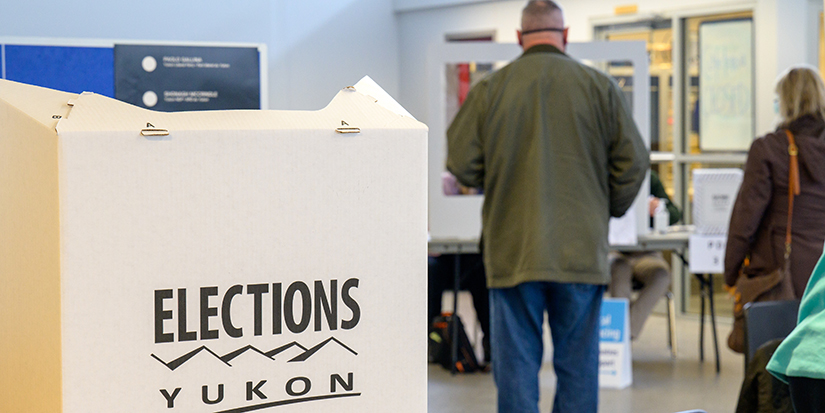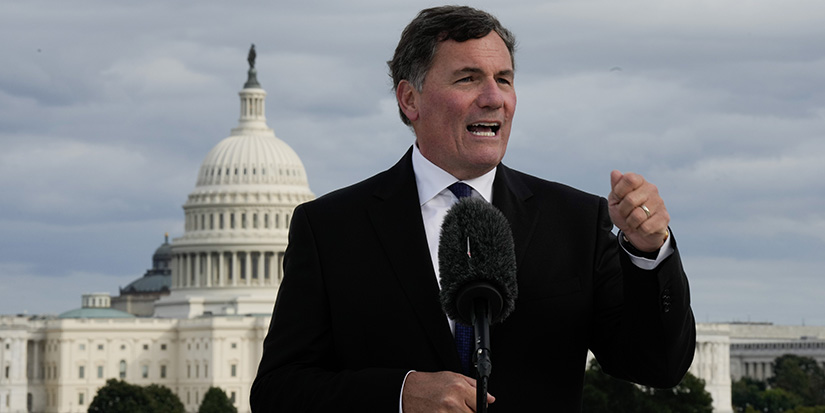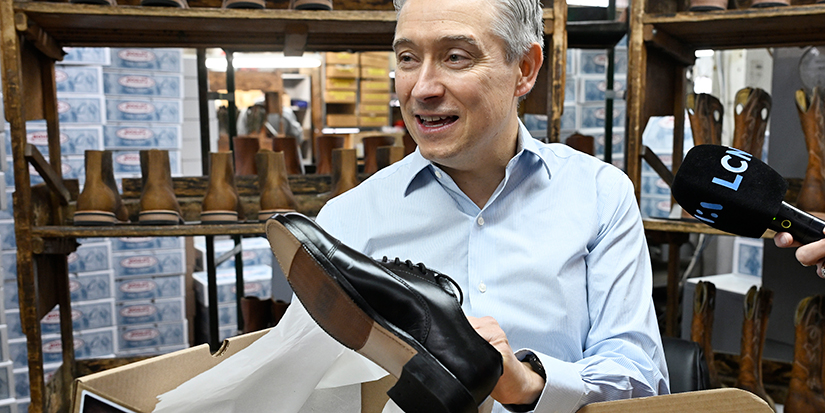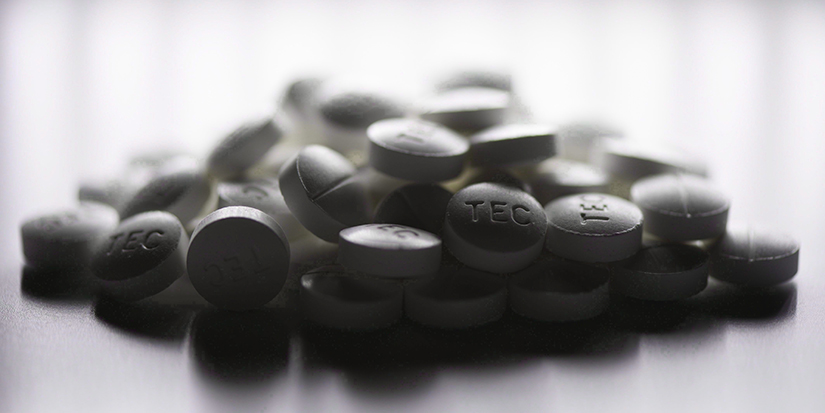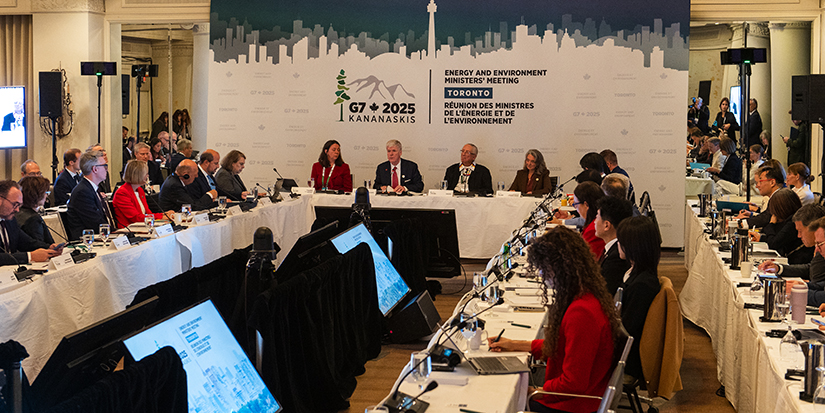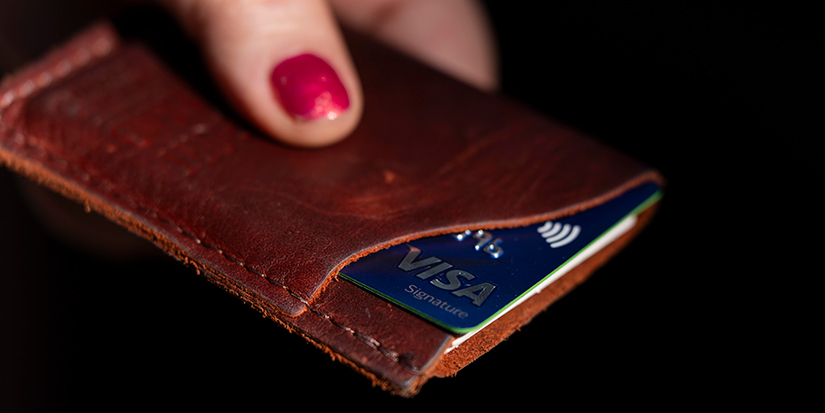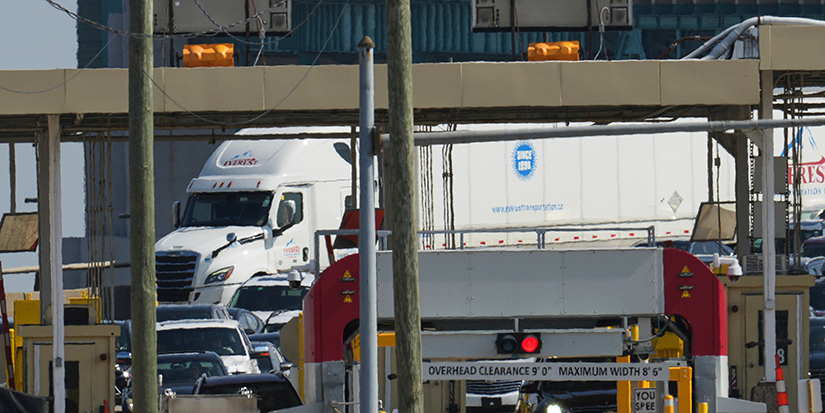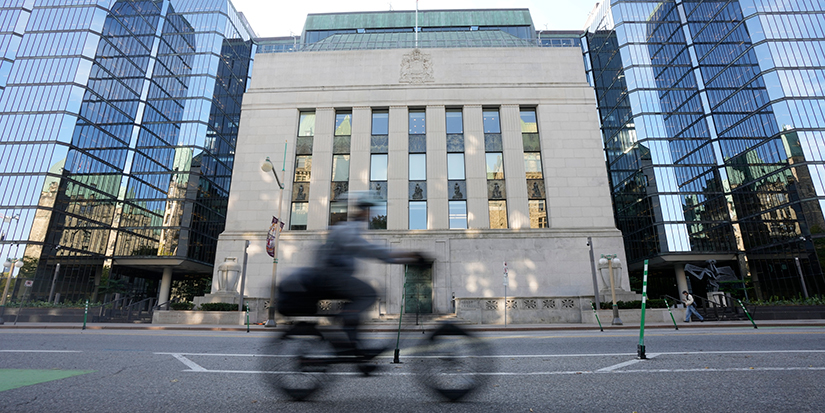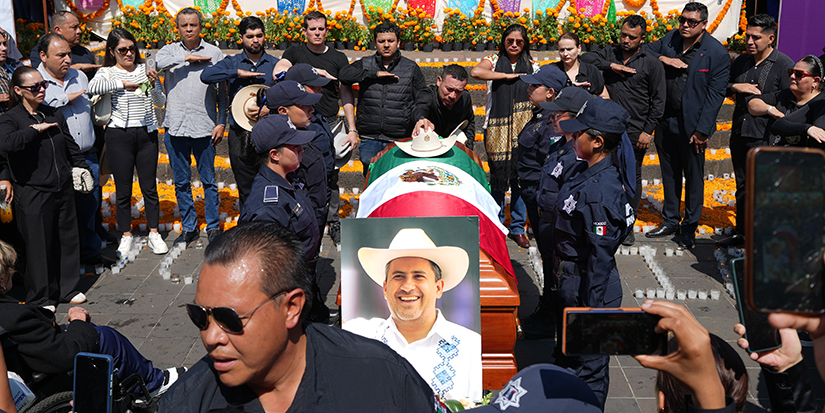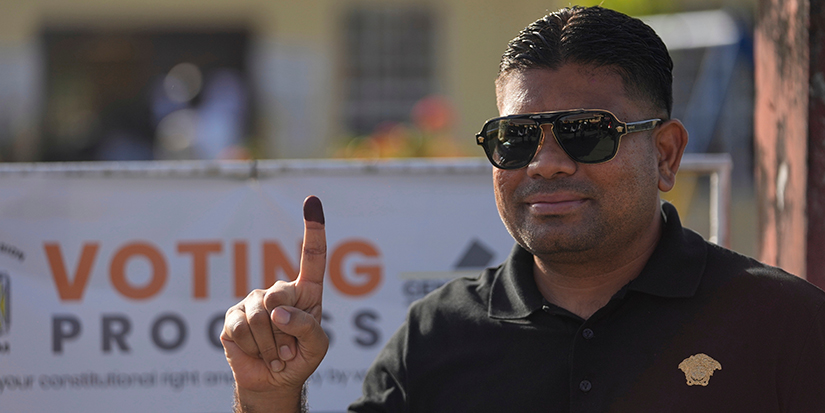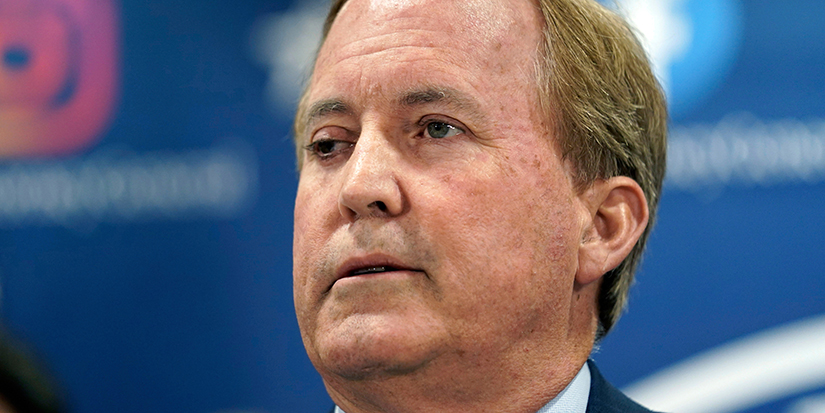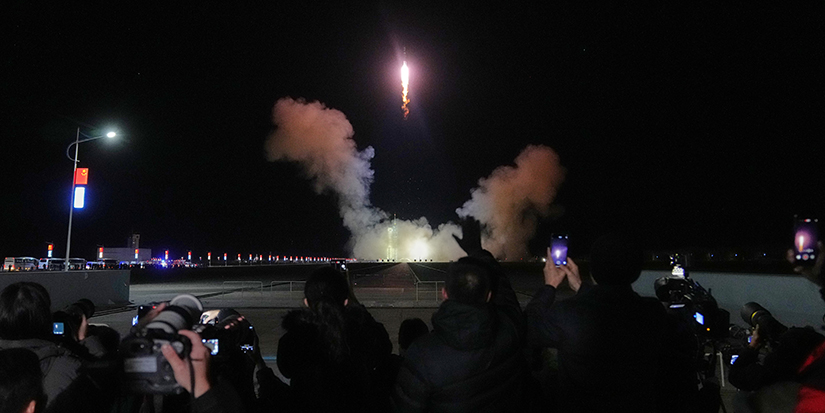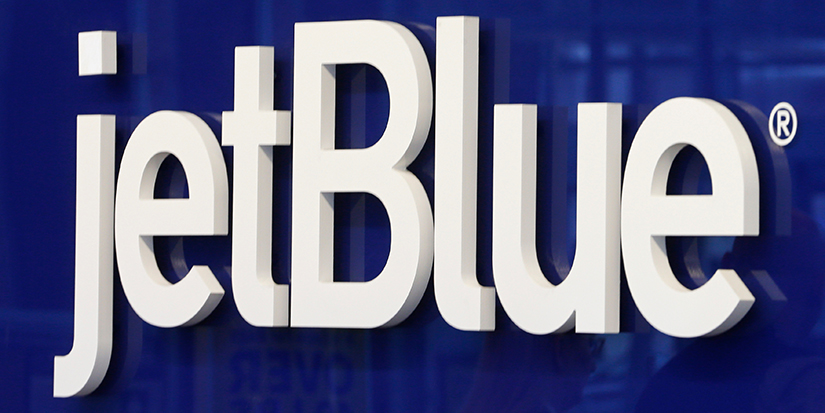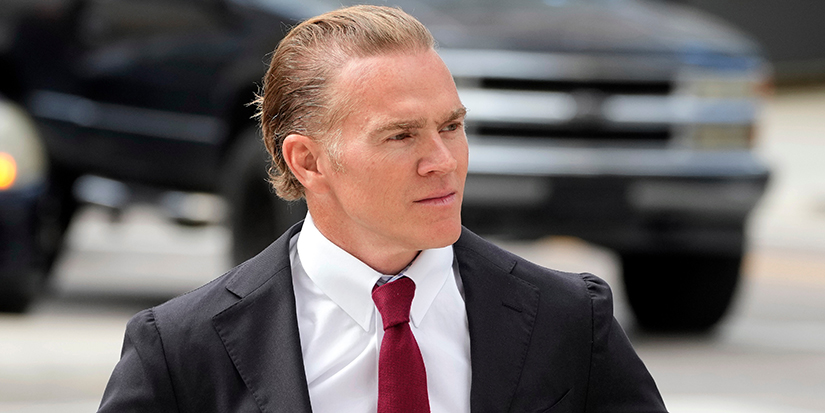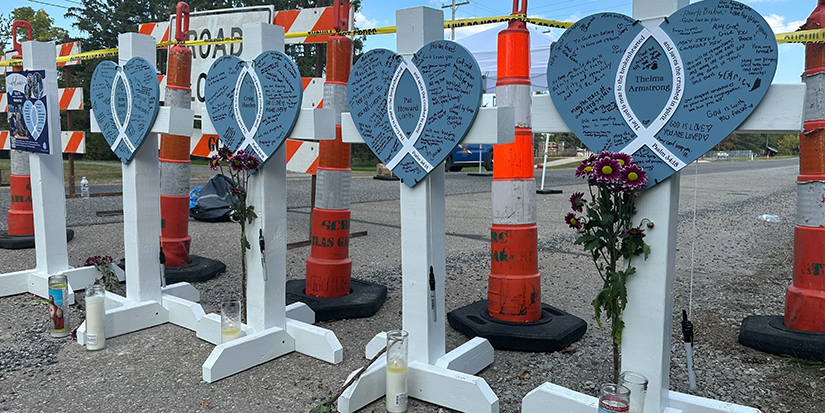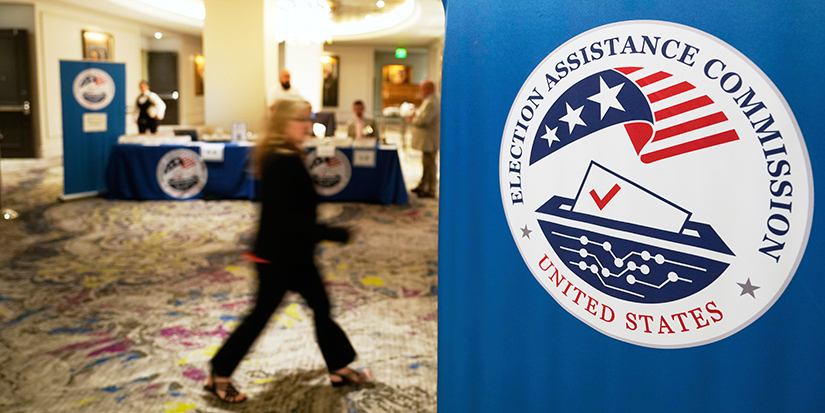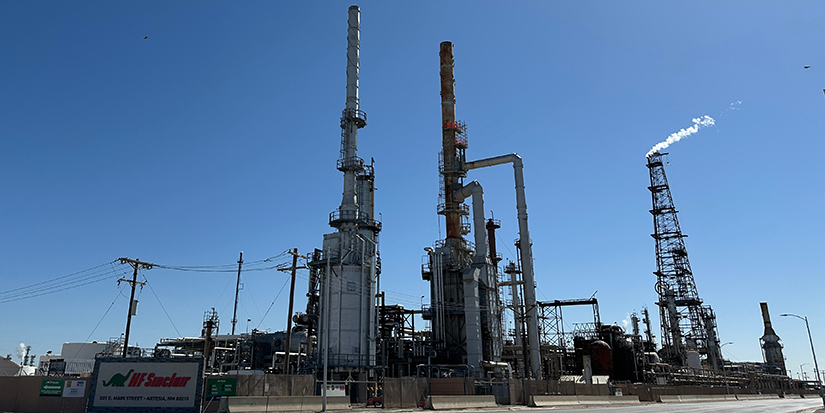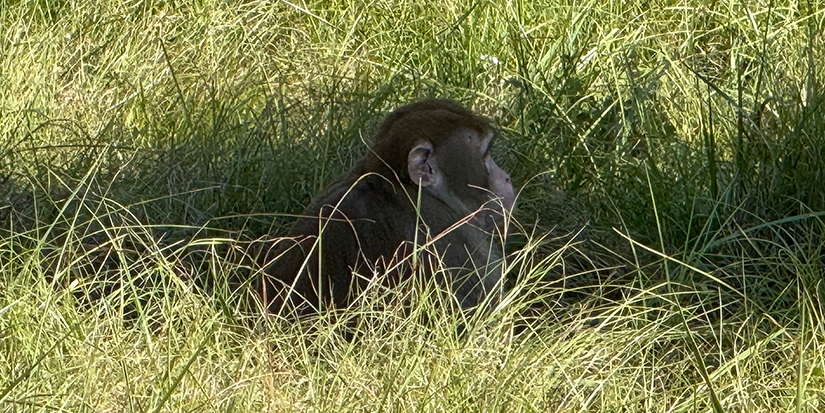Latest News
Richmond taking environmental lead
By Don Fennell
Published 2:18 PDT, Mon October 25, 2021
City is a regional leader when it comes to waste management and protecting our environment
Even tackling the biggest obstacles has to start with a first step. And in its quest to reduce waste, the City of Richmond is an undisputed leader in the region.
“Recycling is important, but reducing waste overall is an essential part of responsible waste management and protecting our environment,” says Mayor Malcolm Brodie.
In September, city council officially adopted a bylaw to ban foam food service ware, plastic straws and plastic checkout bags starting March 27, 2022. The new ban will affect all businesses operated in Richmond.
At the time, Brodie said it was crucial “that we address single-use plastics as a significant cause of environmental damage in our oceans, local waterways and other natural areas by reducing this type of unnecessary waste as we support a more sustainable, circular economy.”
The city expects this single move will remove at least 660 tonnes from the landfills each year. Overall, some 29,000 tonnes of plastic pollutions enters the environment across Canada each year. On a global scale at least eight million tonnes of plastics leak into the oceans annually.
Veteran city councillor Harold Steves has been environmentally conscious all his life. You might even say he was an environmentalist before many knew what it meant.
Harkening back to his childhood, Steves, who sits on Metro Vancouver’s Zero Waste Committee, remembers a time when very little was wasted. In the days before and during the Second World War, nearly everything was considered too precious to go to waste and was often reused or creatively made into something else.
Like the dolls Harold and his sibling gratefully received as Christmas presents from an aunt one year.
“When I was a kid nothing was thrown away—it either got reused or put in the garage or attic because you might need it,” he says. “It’s why I’ve still got a lot of stuff from 50 years ago. People were meticulous. I can still see my mother opening a can of soup and after emptying it cutting the bottom off, flattening it, and sending it off for recycling. That was in 1945.”
It was also a time when, unlike today Steves says, everything was made to last.
“Today, products are designed to wear out,” he laments. “I have an electric razor I bought in 1955 when I first began shaving. It still works and I think it will go on forever. I’ve bought half a dozen other electric razors since and they last a year and you end up throwing them away.”
Besides pushing the limits of landfills, plastics produce many other lasting consequences. Steves notes that plastic collected is often burned, a process that results in further environmental damage through the addition of greenhouse gases. Other times, plastics end up in streams and rivers and have proven to negatively impact British Columbia’s ever-dwindling salmon stock.
Steves says consumerism is also to blame for our environmental crisis.
“We need to look at everything we buy and ask ourselves, ‘Do I really need this?’ We’re coerced into buying a lot of what we don’t need,” he explains.
While Steves is pleased to see the efforts Richmond is making, he says much more still needs to be done. Sadly, he says society ignored the warnings from decades ago.
“The pace we’re going (to reverse the impact of environmental damage) is the problem. I taught about climate change back in the 1960s. But because the change tends to be so incremental we only notice when we have a summer (of unprecedented heat) like this last one. We have known it was coming for 60 years.”
Coinciding with Waste Reduction Week (Oct. 18 to 24), Richmond recently launched a Community Ideas Hub featuring ideas from residents on how to reduce household waste. The hub at richmond.ca/rethink also includes tips on how to repurpose materials, cut back on food waste, and apply options to repair, trade or donate items instead of throwing them away.
The waste reduction ideas shared by the community were collected through the Rethink Waste Think Tank, a community engagement campaign on Let’s Talk Richmond. Future outreach includes hosting virtual Rethink Waste workshops to raise awareness about the tips in the Ideas Hub and the single-use plastic ban.
Details of other initiatives to reduce waste and create a safer, more sustainable environment can be found in the city’s Sustainability Progress Report 2015-2020 at richmond.ca/sustainability/towards/citydoing












